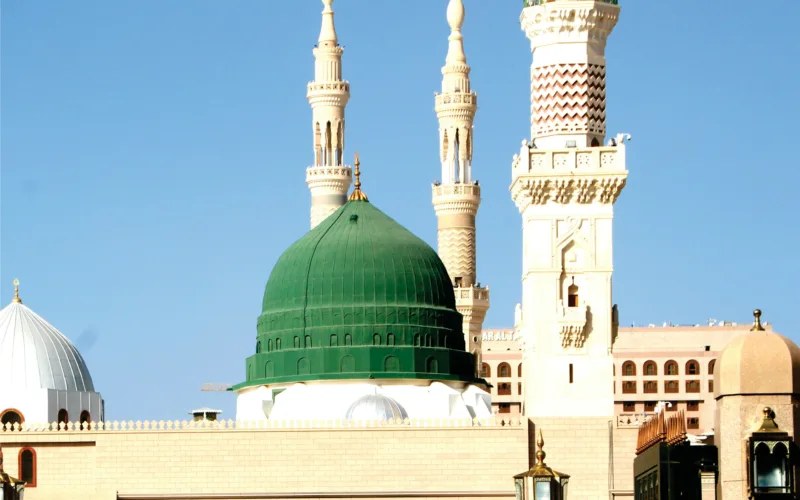The Prophet Muhammad (peace be upon him) once divorced Hafsah bint Umar (RA), then took her back. This event is confirmed in authentic hadiths (Sahih Muslim 1479a).
Many ask why this happened. While clear reasons aren’t fully detailed, Islamic sources offer guidance. We must approach this with respect and avoid unnecessary speculation.
Why did the Prophet PBUH divorce Hafsah?
We don’t have one explicit reason, but Quranic context suggests a possible cause.
Authentic reports confirm the divorce occurred briefly. Allah later commanded the Prophet to take Hafsah back, praising her piety.
Scholars link this to Surah At-Tahrim (66:3), where a Prophet’s wife disclosed a private matter. Most agree this wife was Hafsah. The Quran says:
“And [remember] when the Prophet confided to one of his wives a statement; and when she informed [another] of it…”
Key Evidence
Islamic sources point to these facts:
- Hadiths confirm the divorce: Multiple authentic narrations state the Prophet divorced Hafsah then reunited with her by Allah’s order such as Sahih Muslim 1479a.
- Divine intervention: Angel Jibreel instructed the Prophet to take Hafsah back, calling her “your wife in Paradise” for her devotion.
- Quranic connection: Surah At-Tahrim describes a wife sharing a secret. Classical scholars widely identify her as Hafsah.
- Recitation nuance: Some Quran readers (like Al-Kisa’i) interpret “he recognized [her action]” to mean the divorce responded to the disclosure.
Scholars stress two key points:
- No hadith clearly states the divorce reason—only Allah knows fully.
- Surah At-Tahrim’s context suggests Hafsah shared private words, causing temporary strain.
Life Lessons
What should Muslims learn from this?
The Prophet’s silence about his reason teaches us to protect spouses’ privacy. Even during divorce, he never exposed Hafsah’s personal matters. Imam Ghazali warned: Revealing marital secrets is betrayal.
A wise man once refused to discuss why he divorced, saying: “What concern do I have with someone else’s wife?”
Focus on wisdom, not gossip
Allah conceals some historical details for a purpose. Our duty is to:
- Study clear Islamic teachings, not private family matters
- Emulate the Prophet’s restraint in personal conflicts
- Guard secrets, especially between spouses
As Sheikh Al-Albani noted: “Harmony issues may remain private. Only those involved fully understand.”
Bottom Line
The Prophet’s brief divorce from Hafsah (RA) shows Allah’s mercy—she was returned with honor. While likely linked to a disclosed secret (Surah At-Tahrim), exact reasons remain with Allah.
This incident teaches Muslims to:
- Respect marital privacy
- Avoid prying into prophetic family matters
- Seek lessons, not sensational details
Allah knows best. Our focus belongs on living by the Quran and Sunnah, not unraveling personal histories.
Got a question? Feel free to ask mufti and get quick answers.




 WhatsApp Channel
WhatsApp Channel
 Instagram
Instagram
 Facebook
Facebook
 X (Twitter)
X (Twitter)